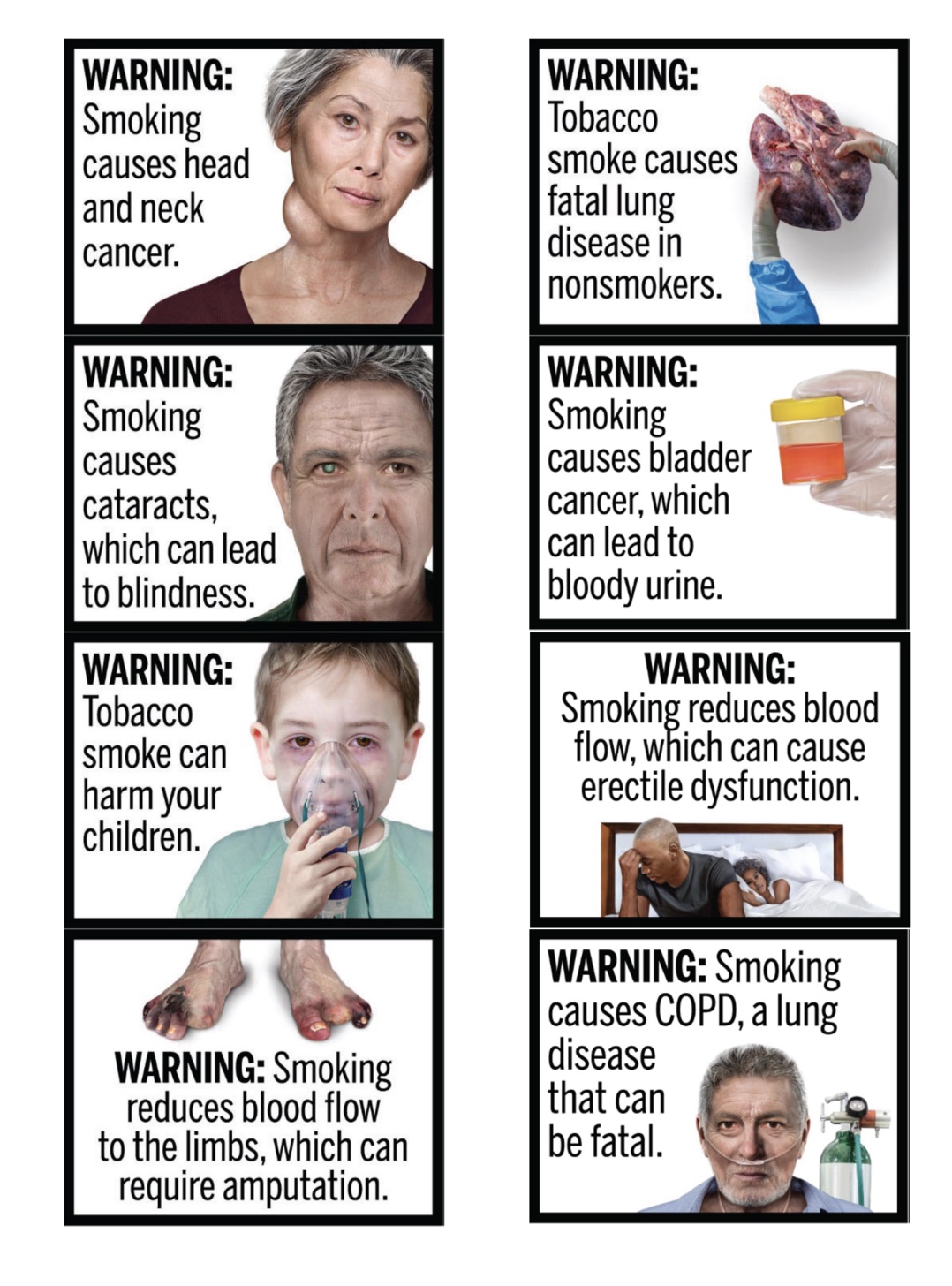Houston Justices: Sexual Assault Isn’t Health Care Liability Claim
Dr. Azul Shirazali Jaffer is being sued by Michelle Maestas in Fort Bend County district court for allegedly sexually assaulting her as she woke up in the recovery room in October 2022 following a breast augmentation procedure. A Houston appellate court this week agreed with the Fort Bend County district judge who declined to dismiss the suit in July 2023.
